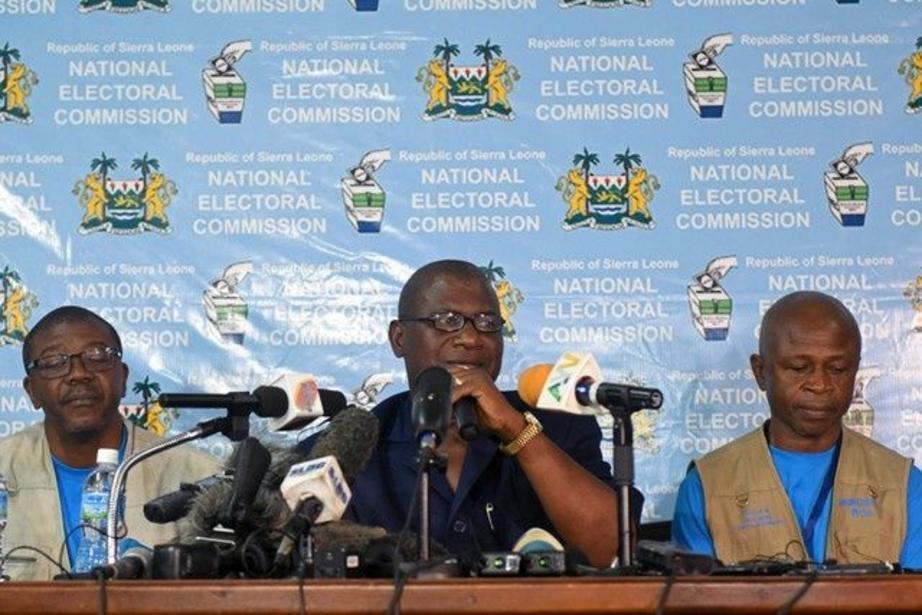Sierra Leone becomes first country with blockchain-powered elections
The agency which enabled the elections with blockchain, Agora, offers digital voting solutions and uses a permitted blockchain
Sierra Leone's National Electoral Commission (NEC) confirmed on Tuesday that the country, which became the first to use blockchain technologies in their voting process, will select its next president in a run-off election on Mar. 27th. The run-off will see former Foreign Affairs Minister, Samura Mathew Wilson Kamara, of the ruling leftist, All People's Congress (APC) go head to head with Julius Maada Bio, a former military leader and representative for the Sierra Leone Peoples Party (SLPP).
In the first round of elections, Maada Bio came in first with 1.1 million votes representing 43 percent, as the ruling party's Samura Mathew Wilson Kamara came in a close second with a little over one million at 42 percent.
In the West African nation, if the candidate doesn't win a 55 percent of majority in the first round, a run-off presidential election between the first and second placed candidates is held two weeks after the certification of the results.
Sierra Leone became the first country to conduct blockchain-powered elections on March 7, which critics have hailed as a significant victory since they believe it will help reduce electoral violence and fraud. The move will also cut printing cost and will be cheaper than paper-based elections.
The blockchain method primarily used by those engaging in cryptocurrency transactions is a decentralized mechanism where all the information is stored in blocks, can be viewed and altered by registered users. In the case of Sierra Leone elections, allows the votes to be seen by voters who are registered within the system, in the public ledgers, but only allowed authorized persons to make any changes, this, in turn, prevents the chances of fraud since the voting information is available to all the blockchain users.
The agency which enabled the elections with blockchain, Agora, a Swiss foundation offers digital voting solutions and uses a permitted blockchain. Agora monitored the manual votes cast in the western district, the most populous, of the country, using the technology.
Leonardo Grammar, CEO of Agora, said Sierra Leone’s NEC was "open-minded" about the potential of blockchain in its elections after talks began late last year.
Grammar told Quartz: "I also thought that if we can do it in Sierra Leone, we can do it everywhere else."

